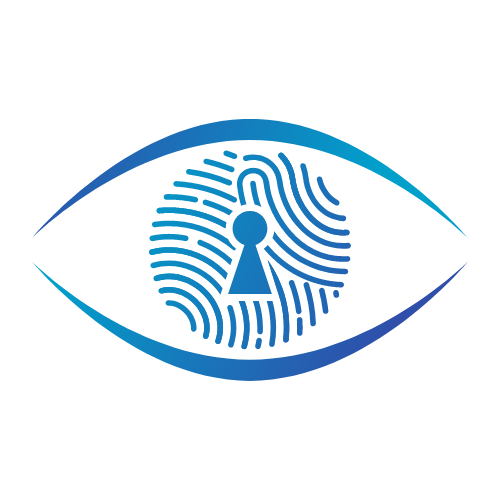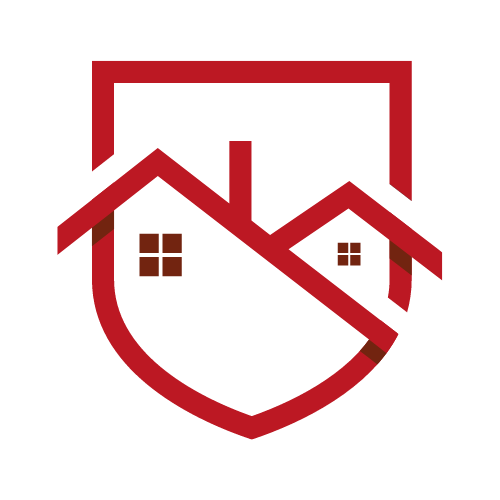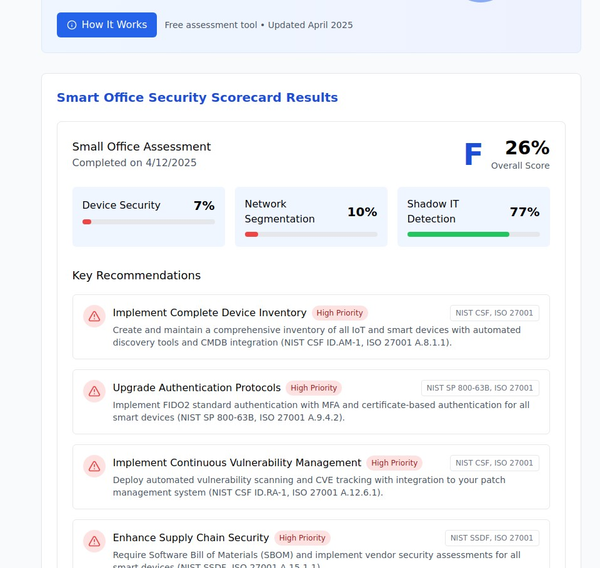Drones in Office Security: A Futuristic Approach

Summary: This piece looks at the potential of drones in surveillance and monitoring, providing real-time security updates, and how to address associated privacy concerns.
Introduction:
Unmanned Aerial Vehicles (UAVs), commonly known as drones, are rapidly emerging as valuable tools in various sectors, from delivery services to disaster response. In the context of office security, drones offer a high-tech, versatile solution for surveillance and monitoring. This article explores the potential of drones in bolstering office security, providing real-time updates, and addressing associated privacy concerns.
Drones in Surveillance:
Traditional surveillance systems often involve fixed cameras, which can leave blind spots and limit coverage. Drones can overcome these limitations, offering a flexible and comprehensive surveillance solution. Equipped with high-resolution cameras and advanced navigation systems, drones can patrol large office spaces, covering both interior and exterior areas. They can provide real-time video feeds, identify unusual activities, and even follow intruders while sending alerts to security personnel.
Drones for Emergency Response:
Beyond surveillance, drones can also play a critical role in emergency response. For example, in the event of a fire, a drone equipped with thermal imaging cameras can identify the source of the fire and the areas most affected, providing valuable information to firefighters. Drones can also deliver emergency supplies, such as first-aid kits, to areas in need.
Privacy Concerns and Regulatory Compliance:
While drones offer numerous advantages in office security, their use also raises important privacy concerns. Continuous surveillance could potentially infringe on the privacy of employees and visitors. Businesses must strike a delicate balance, ensuring security while respecting individual privacy rights. This requires clear policies on drone usage, including when and where drones can be used, and how the collected data is stored and used.
Regulatory compliance is another important consideration. Drone usage is subject to various regulations, which differ by region. Businesses must ensure they comply with these regulations, which may cover aspects like drone specifications, flight paths, and operator training.

Conclusion:
As technology continues to evolve, drones are set to play an increasingly prominent role in office security. Drones can significantly enhance security by providing flexible, real-time surveillance and aiding in emergency response. However, their adoption must be accompanied by careful consideration of privacy and regulatory compliance. As we move towards this futuristic approach to security, it's essential to navigate these challenges and harness the potential of drones responsibly and effectively.





